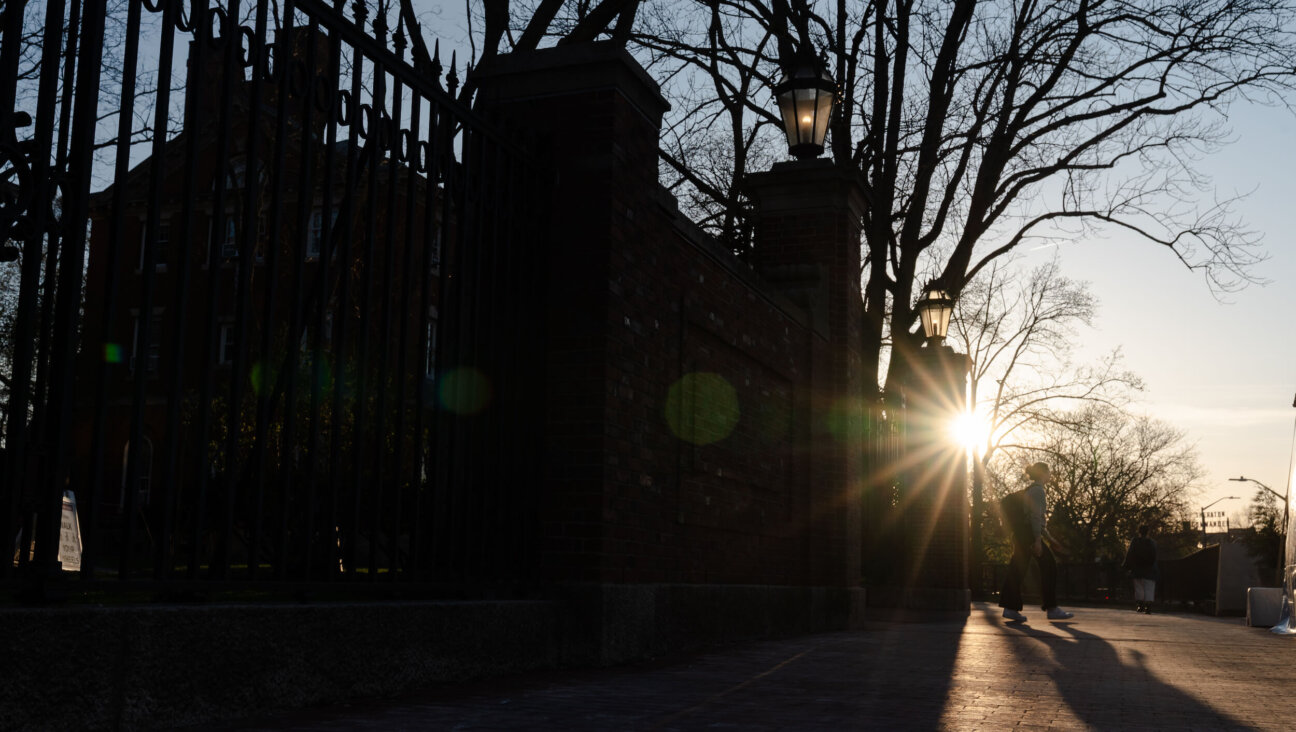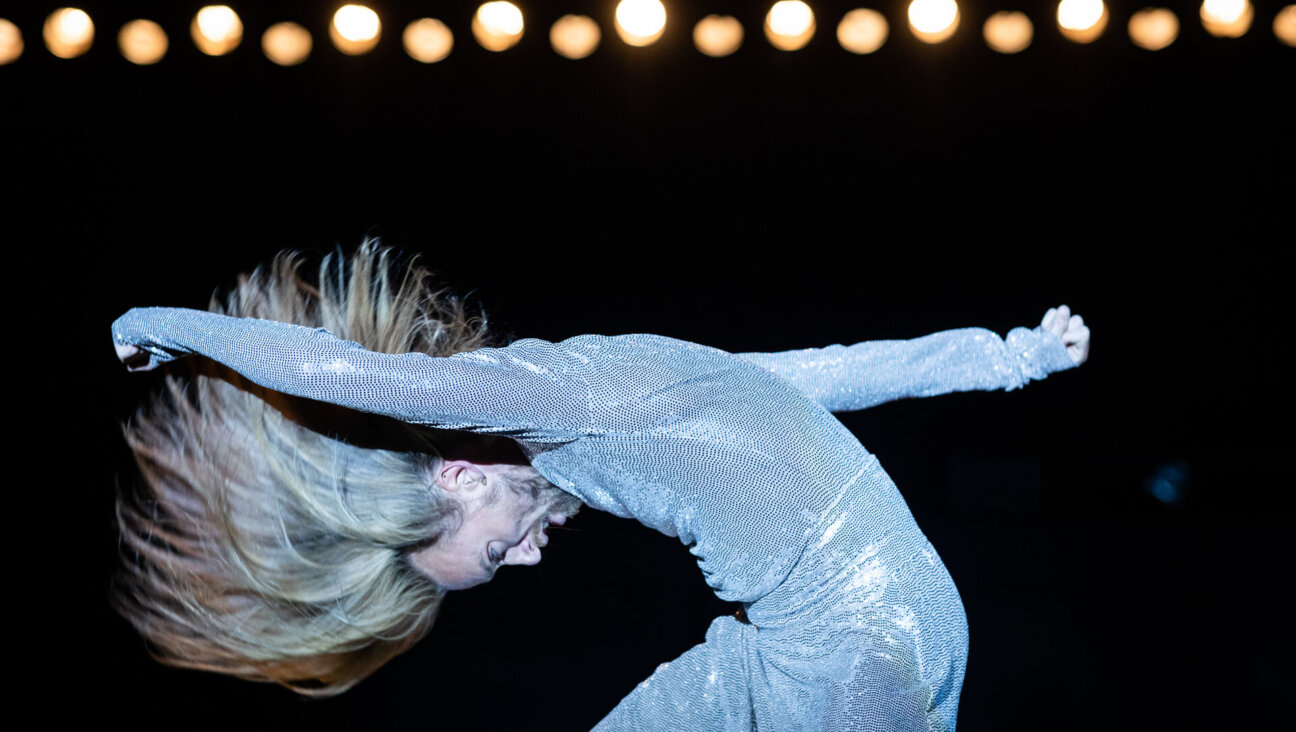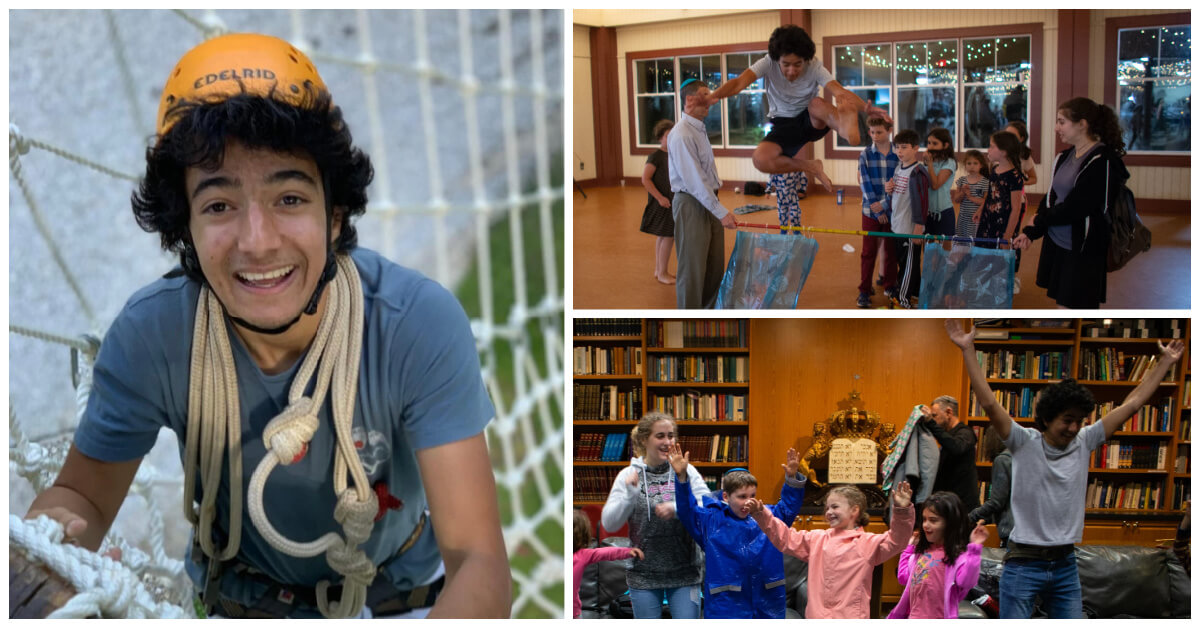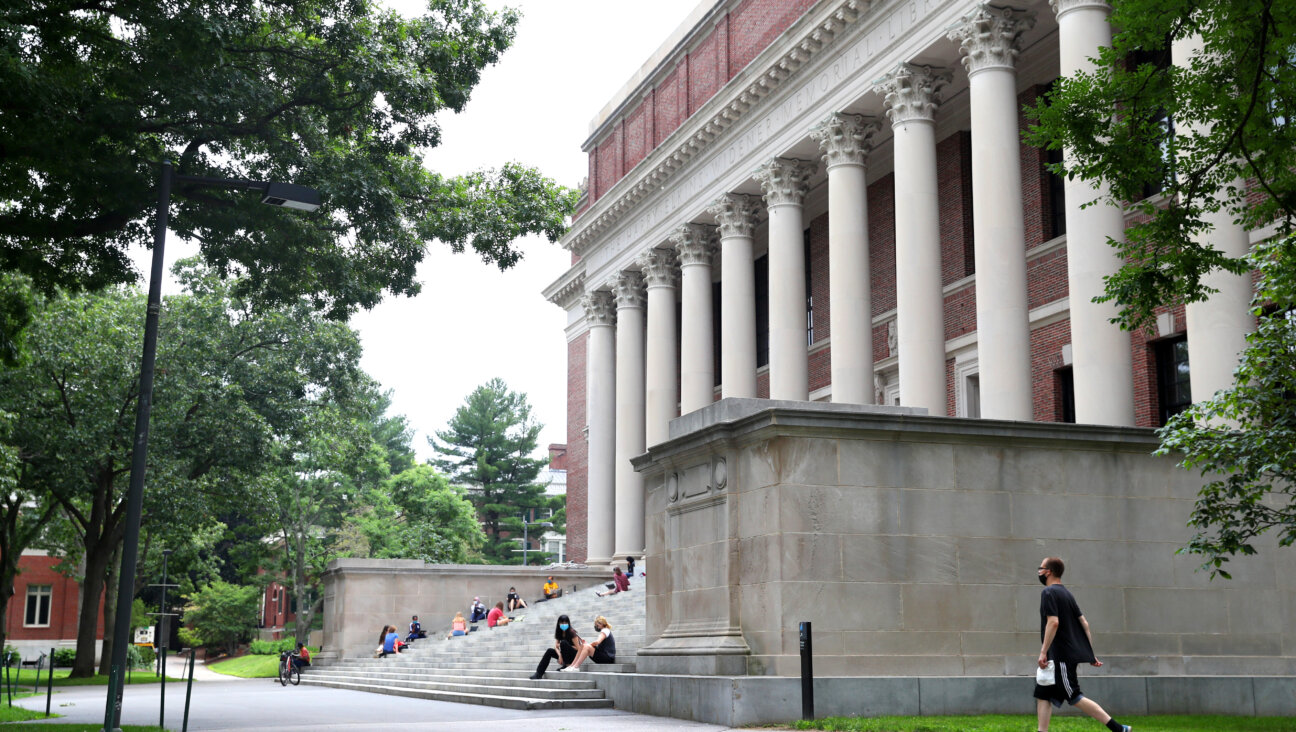A Serious Talk

Josie, my second grader, came home from school the other day with a book she’d borrowed. (I’m not bragging, but she’s plowed through her classroom’s entire library, so her teacher sends her to third grade for books. Okay, I’m bragging.) When I noticed it in her backpack, I blanched. It was a Holocaust book — “The Night Crossing,” by Karen Ackerman (Yearling, 1995). I’d never heard of it. The cover showed a little girl, clutching her dolls, looking wide-eyed and terrified as Nazi flags loom behind her. Uh oh.

I’d always thought I’d be the one to explain the Holocaust to my kids. I’d planned to broach the subject later this year, with the help of “Number the Stars” (Houghton Mifflin, 1989), Lois Lowry’s Newbery Medal-winning novel about two 10-year-old friends, one Jewish and one not, living in Denmark in 1943. It’s based on the true story of the Danish resistance ferrying 7,000 Jews to safety in Sweden. (Spoiler alert: The plot — and the true story — hinges on the Danes confusing the Nazis dogs’ sense of smell with a hidden handkerchief doused with a mix of blood and cocaine, so that they fail to sniff out the Jews hiding in the fishing boats. Who knew?)
I love this book because it’s exciting, it has a lot of dialogue breaking up the text, it focuses on friendship, and it teaches the Holocaust in a way I think best for young children. Annemarie is a regular girl who proves to have deep resources. She’s brave when it counts, stands up to tyranny, thinks on her feet and protects her friend at great personal risk. My mom, a big-macher professor of education at the Jewish Theological Seminary, says that Holocaust education today is about presenting this huge subject in a way that kids can process. As a child, I sat through endless films of bulldozers pushing piles of corpses, but it was just too horrific to wrap my brain around. What made me viscerally understand the Holocaust was the Diary of Anne Frank. Here was a girl like me. She loved to write, the way I did. And as her world became more and more circumscribed, as she coped with the threat of the Nazis and her period (the latter seemed nearly as bad as the former to Anne, and to me) and her crush on Peter, as she wrote that she still thought people were good at heart, I came to love her and grieve for her. This one person stood for six million.
Lowry’s book seemed a perfect introduction for Josie, with its relate-able girl protagonist (she even has an annoying younger sister!) and sense of personal agency. I planned to read the book at bedtime, so I could answer Josie’s questions as they came up. I would carefully talk about how there were individual righteous gentiles like Annemarie, Jews and non-Jews alike who showed courage, bucked wrongful authority, stared into the collective face of evil and did what was right. I’d talk about the power of one person — and hey, what if one girl had said “no!” when all the girls at that birthday party last year were being mean to the one boy? Granted, a 6-year-old’s birthday party is not Vichy, France. But the lesson about not being a spineless surrender monkey has currency.
Pulling the unfamiliar book from Josie’s backpack, I gulped, “Oh! Let’s read this together tonight!” Josie rolled her eyes in a way I suspect will become increasingly familiar. “I’ve already read it four times!” she informed me. “It’s the best book ever!”
“What did you like about it?” I asked evenly.
“Clara is brave, and smart, and helps her family, and it’s scary but not too scary, and they escape!”
“Oh!” I said brightly, and frantically started Googling. Turns out “The Night Crossing” received good reviews; School Library Journal called it “an excellent fictional introduction to the Holocaust.” Whew. The story of a family escaping from Austria, it too emphasizes one little girl’s courage. Clara suggests hiding the family’s precious Shabbat candlesticks in her antique dolls’ stuffing, to keep them from clanging and alerting the border guards as the family crosses into Switzerland. Since the dolls have experienced a night crossing once before, many years earlier, when Clara’s grandmother fled from the pogroms in Russia to Austria, they will not be afraid.
Interestingly, the book does say that Clara’s grandmother, who survived that first night crossing, does not escape this time. But Josie doesn’t focus on the people who died; she’s still too young. The book, which Josie returned to the classroom library the next morning, seems like a developmentally appropriate way in to the material.
But I started thinking about the way one of Josie’s pre-K teachers at her old school casually told the kids about Hiroshima and Nagasaki. (I only found out because during a trip to Costco, Josie piped up from her car seat, “The Americans dropped bombs from the sky on children in Japan!”) Once a child leaves your house, you can’t control everything she hears, sees, reads. As a control freak, I hate this. But c’est ca. We can try to keep our kids from learning about Hurricane Katrina or 9/11, but we have only so much power. And we may cling to the notion of our children’s innocence for a little too long. (My mother recalls steeling herself to deliver The Talk about birth control when I was a teenager, only to have me give her a look that made it clear, in her words, that “They’ve stolen the horse and now I’m coming around to shut the barn door!” Jeez, mom! But you know what? She’d raised me to be self-protective, and though she was too late for The Talk, I’d no sooner have had unprotected sex than have cheered Ronald Reagan’s visit to Bitburg.) I hope that if I do the moral groundwork, Josie will be okay no matter what’s thrown at her. If someone else tells her the gory details of 9/11 and concludes that the lesson of the day is that we shouldn’t trust Muslims, I hope she’ll think about our values and realize that hating an entire religion is not, in fact, the lesson of the day.
We can’t control what our kids learn, or when. Eventually, they’ll discover that humans are capable of terrible things. Not all humans; not all the time. And sometimes, humans are capable of being godly. Our kids need to know that, too.
Write to Marjorie at [email protected].
The Forward is free to read, but it isn’t free to produce

I hope you appreciated this article. Before you go, I’d like to ask you to please support the Forward.
Now more than ever, American Jews need independent news they can trust, with reporting driven by truth, not ideology. We serve you, not any ideological agenda.
At a time when other newsrooms are closing or cutting back, the Forward has removed its paywall and invested additional resources to report on the ground from Israel and around the U.S. on the impact of the war, rising antisemitism and polarized discourse.
This is a great time to support independent Jewish journalism you rely on. Make a Passover gift today!
— Rachel Fishman Feddersen, Publisher and CEO
Most Popular
- 1

News Student protesters being deported are not ‘martyrs and heroes,’ says former antisemitism envoy
- 2

News Who is Alan Garber, the Jewish Harvard president who stood up to Trump over antisemitism?
- 3

Politics Meet America’s potential first Jewish second family: Josh Shapiro, Lori, and their 4 kids
- 4

Fast Forward Suspected arsonist intended to beat Gov. Josh Shapiro with a sledgehammer, investigators say
In Case You Missed It
-
Fast Forward Jewish students, alumni decry ‘weaponization of antisemitism’ across country
-

Opinion I first met Netanyahu in 1988. Here’s how he became the most destructive leader in Israel’s history
-

Opinion Why can Harvard stand up to Trump? Because it didn’t give in to pro-Palestinian student protests
-

Culture How an Israeli dance company shaped a Catholic school boy’s life
-
Shop the Forward Store
100% of profits support our journalism
Republish This Story
Please read before republishing
We’re happy to make this story available to republish for free, unless it originated with JTA, Haaretz or another publication (as indicated on the article) and as long as you follow our guidelines.
You must comply with the following:
- Credit the Forward
- Retain our pixel
- Preserve our canonical link in Google search
- Add a noindex tag in Google search
See our full guidelines for more information, and this guide for detail about canonical URLs.
To republish, copy the HTML by clicking on the yellow button to the right; it includes our tracking pixel, all paragraph styles and hyperlinks, the author byline and credit to the Forward. It does not include images; to avoid copyright violations, you must add them manually, following our guidelines. Please email us at [email protected], subject line “republish,” with any questions or to let us know what stories you’re picking up.











